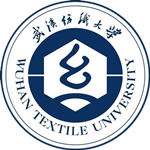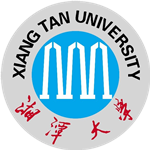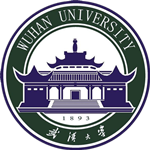University Description
China University of Geosciences (CUG), founded in 1952, is a national key university affiliated with the Ministry of Education. It is also listed in the National “211 Project”, the “985 Innovation Platform for Advantageous Disciplines” and the “Double First-class Plan”. CUG, featuring geosciences, is a comprehensive university that also offers a variety of degree programs in science, engineering, literature, management, economics, law, education and arts. Its Geology and Geological Resources & Engineering have both been ranked as national number one disciplines.
CUG has two campuses in Wuhan. The main campus is the Nanwang Mountain Campus, located in the heart of the Wuhan East Lake National Innovation Demonstration Zone, which is popularly known as China Optics Valley. The Future City Campus is located in the east of Wuhan and is 27 km from the main campus. These two picturesque campuses cover a combined area of 1,474,353 m2. They are ideal places to study, work, and enjoy life. CUG owns a 4A-Level tourist attraction—the Yifu Museum. CUG also boasts four field training centers: Zhoukoudian in Beijing, Beidaihe in Hebei Province, Zigui in Hubei Province, and Badong in Hubei Province.
CUG has established a complete education system. As of December 2020, 30,239 full-time students, including 18,080 undergraduate students, 9,302 master’s students, 1,916 doctoral students, and 941 international students have enrolled in its subsidiary 23 schools and 86 research institutes. CUG currently has a faculty of 1,858 full-time teachers, among which there are 539 professors (11 of which are members of the Chinese Academy of Sciences) and 984 associate professors.
CUG is focused on fostering high-quality talent. Among its over 300,000 graduates, many have gone on to become scientific and technological elites, statesmen, business leaders and athletes. And they have made great contributions to the nation and society, represented by former Premier WEN Jiabao and 39 members of the Chinese Academy of Sciences and Chinese Academy of Engineering.
CUG has strengthened exchanges and cooperation with international universities. It has signed friendly cooperation agreements with more than 100 universities from the United States, France, Australia, Russia and other countries. CUG has actively carried out academic, scientific and cultural exchanges with universities around the world. There are about 1,000 international students from more than 100 countries studying at CUG. It also sponsors more than 900 teachers and students to study abroad or conduct international exchanges, and invites more than 400 international experts to visit, lecture, and teach at CUG every year. In 2012, CUG initiated and co-established the International University Consortium in Earth Science (IUCES) with 11 other world-renowned universities. IUCES is committed to promoting the common development of geosciences education and scientific research through resource sharing, exchange and cooperation among its member institutions. In addition, CUG has partnered with Bryant University from USA, Alfred University from USA, and Veliko Turnovo University from Bulgaria in establishing three Confucius institutes on their campuses.

-logo.png)



